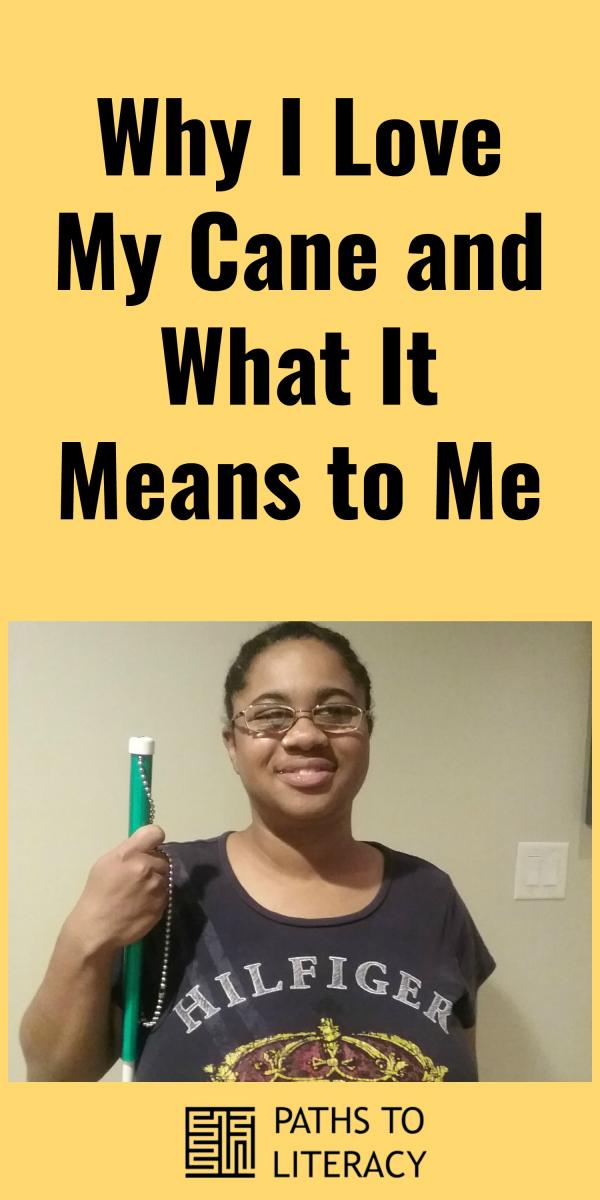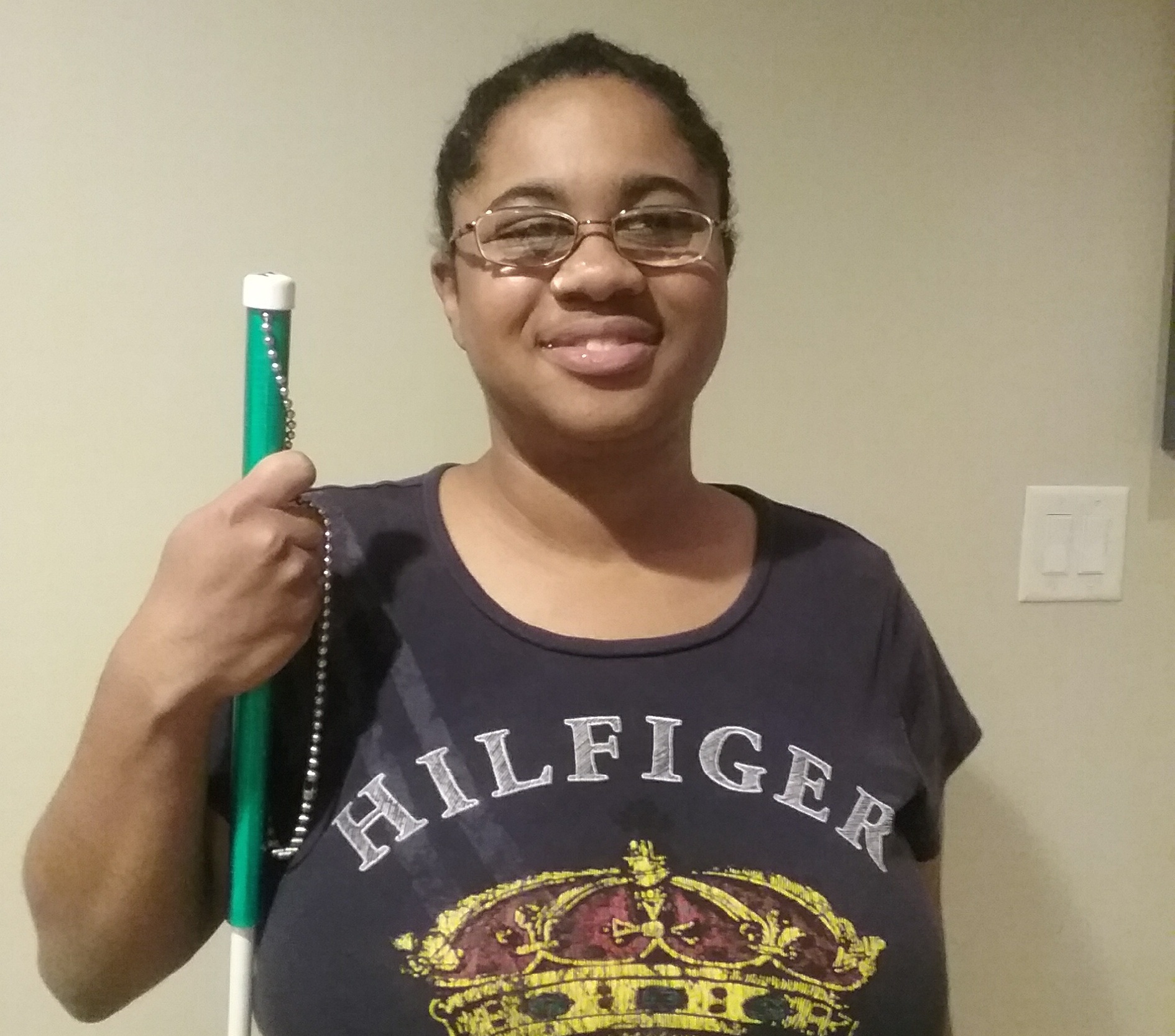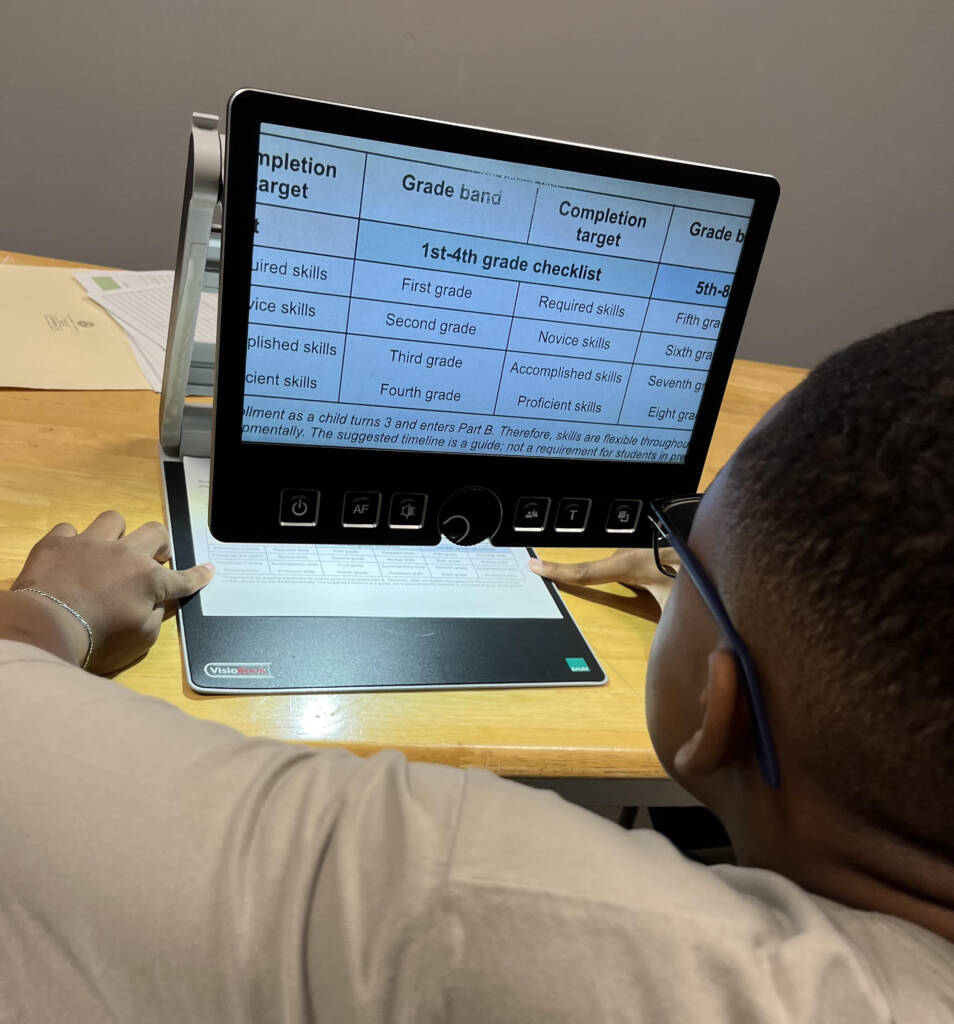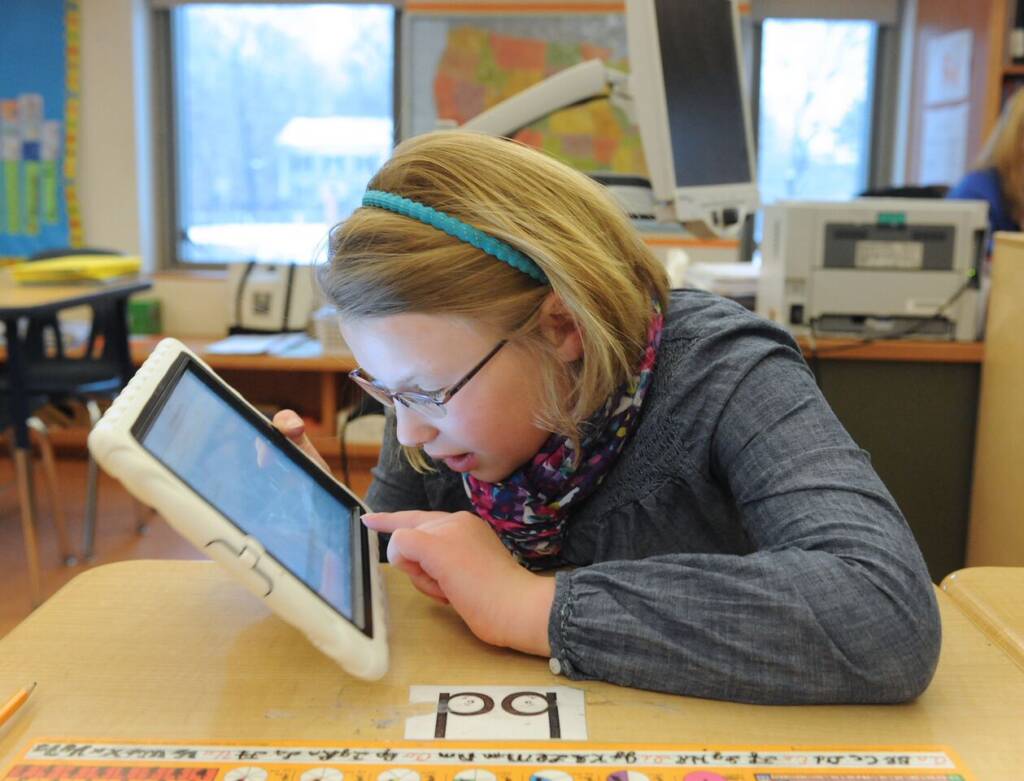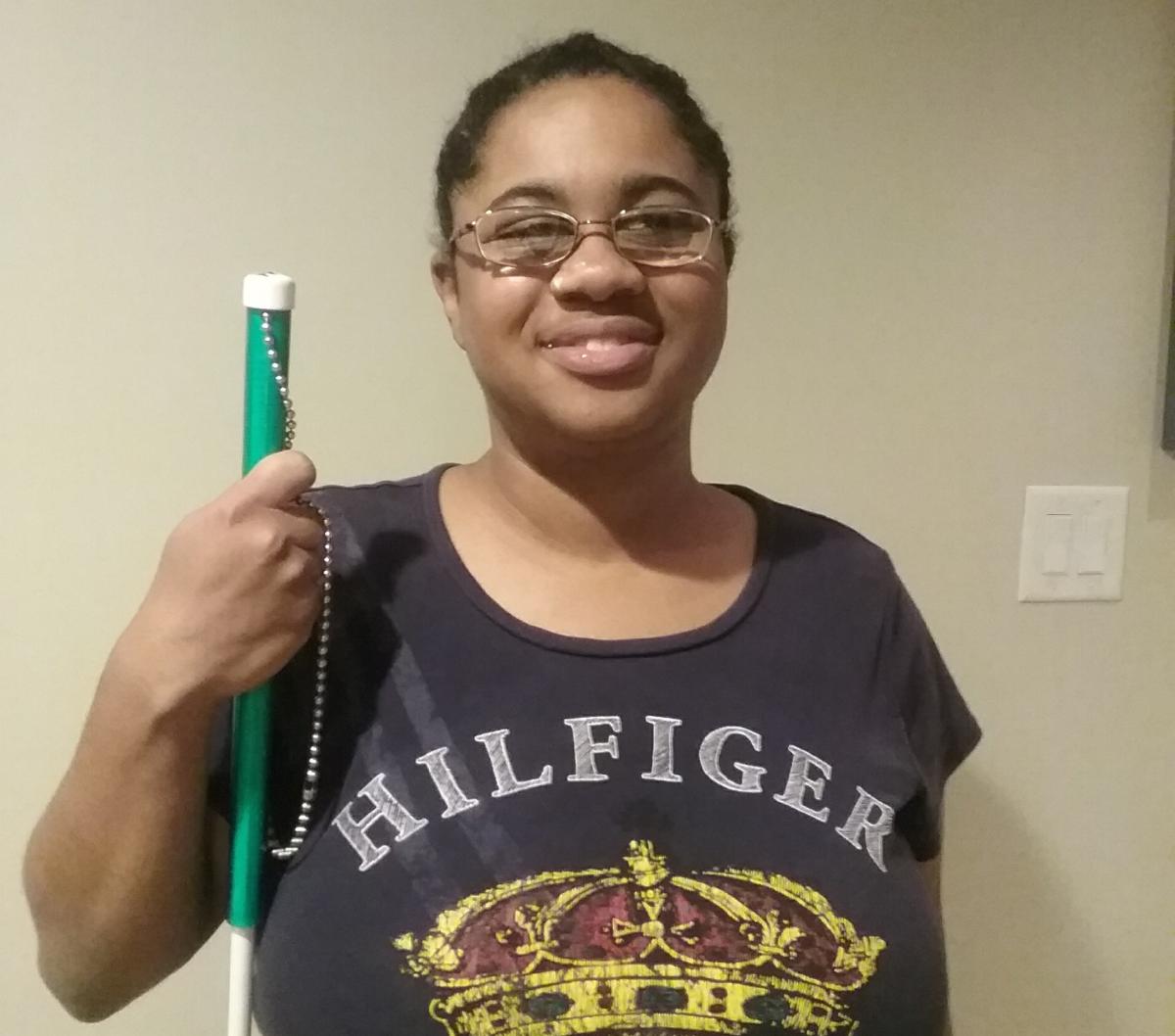 I have limited side or peripheral vision, a condition that is also known as “tunnel vision”, where I am not able to see what’s on my sides or what’s coming from up or down, such a step off or a dangerous snake on the floor. This is where the white cane comes in handy. Canes are great because it can feel whether something is in front of you or if there is a step off on the sidewalk or stairs. Well, let me tell you about my experience with using a cane and how it’s affected my life.
I have limited side or peripheral vision, a condition that is also known as “tunnel vision”, where I am not able to see what’s on my sides or what’s coming from up or down, such a step off or a dangerous snake on the floor. This is where the white cane comes in handy. Canes are great because it can feel whether something is in front of you or if there is a step off on the sidewalk or stairs. Well, let me tell you about my experience with using a cane and how it’s affected my life.
My Experience Not Using My Cane
I remember the first time I used my cane in fourth grade at my School, the Florida School for the Deaf and Blind (FSDB). At that time, I didn’t really use my cane that much because I was afraid of people or family outside of my blind community making fun of me, so I used my cane at my school only. Even at school, I didn’t use my cane except for Orientation and Mobility lessons with my teachers. That all changed one day when I was running to a Christmas party in another building. I didn’t have my cane with me because I thought it would be fine without it since I have some sight. However, I was wrong because as I was running I didn’t see a curb and “boom!” I tripped and fell over it. My knees were hurt and I scraped my hands on the concrete. I felt stupid because I should have bought my cane with me so I wouldn’t get hurt. I should’ve also remembered that I have glaucoma and I can’t see that well, especially given the fact that it was dark that day. I was so used to not using my cane that much that I didn’t think too much about it.
Lessons Learned
This incident taught me that my cane is very important because I don’t have any good peripheral vision and I have limited vision in my left eye. As a result, I started using my cane over the years with assistance from my Orientation & Mobility teacher. After I graduated from the Florida School for the Deaf and Blind, I moved to Iowa where I met my mentor, Ted Hart, at the National Federation for the Blind. He started helping me with my cane skills and giving me constructive criticism on how to better use my cane. This advice helped me improve my travel skills and build confidence in myself as a visually impaired person. Today, I use my cane everywhere I go and enjoy the feeling of being independent without getting seriously hurt. Whenever I use my cane, whether it’s at school or other places I go, I sometimes get questions like ”how do you walk across the street?” or “how well can you see?” I simply answer their questions politely and educate them on blindness.
Advice for Others Who Have Visual Impairments
My advice to anyone who is blind or visually impaired is to consider your safety, depending on how severe your vision loss is, and to ignore what people think of you. At the end of the day, you know what tools in your life will help you be safe! In my heart, my cane keeps me safe from everything: wet puddles, poop from dogs, cracks, and cars. Ever since I was a little kid, I’ve always loved to travel, and now that I know how to use my cane the right way, I enjoy traveling more, but safely!
